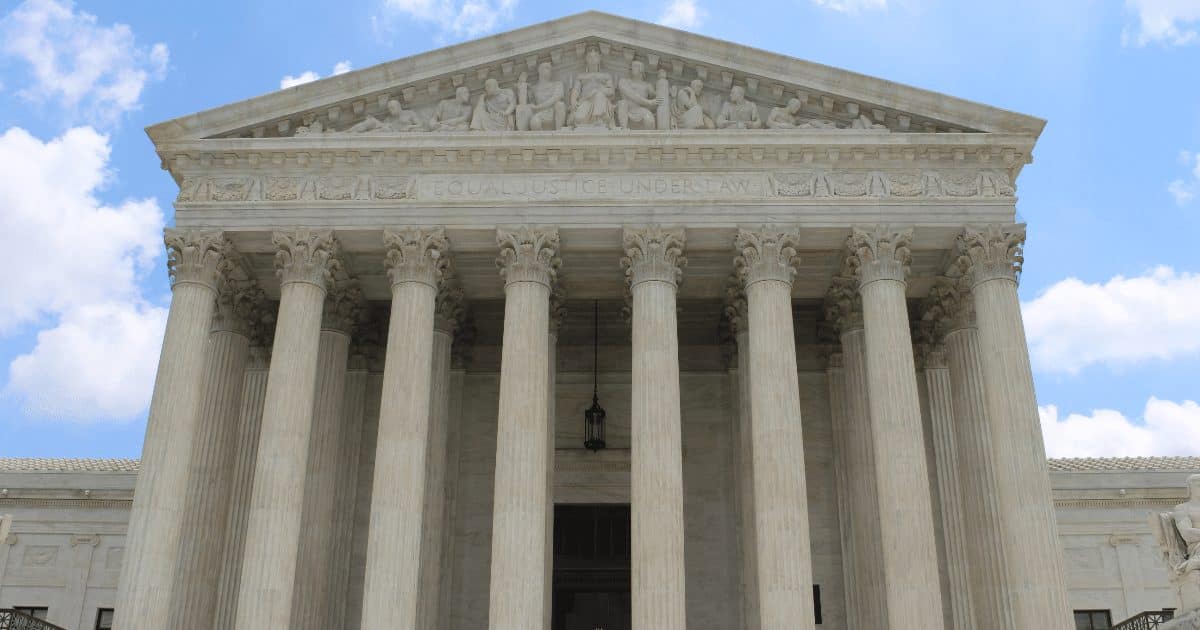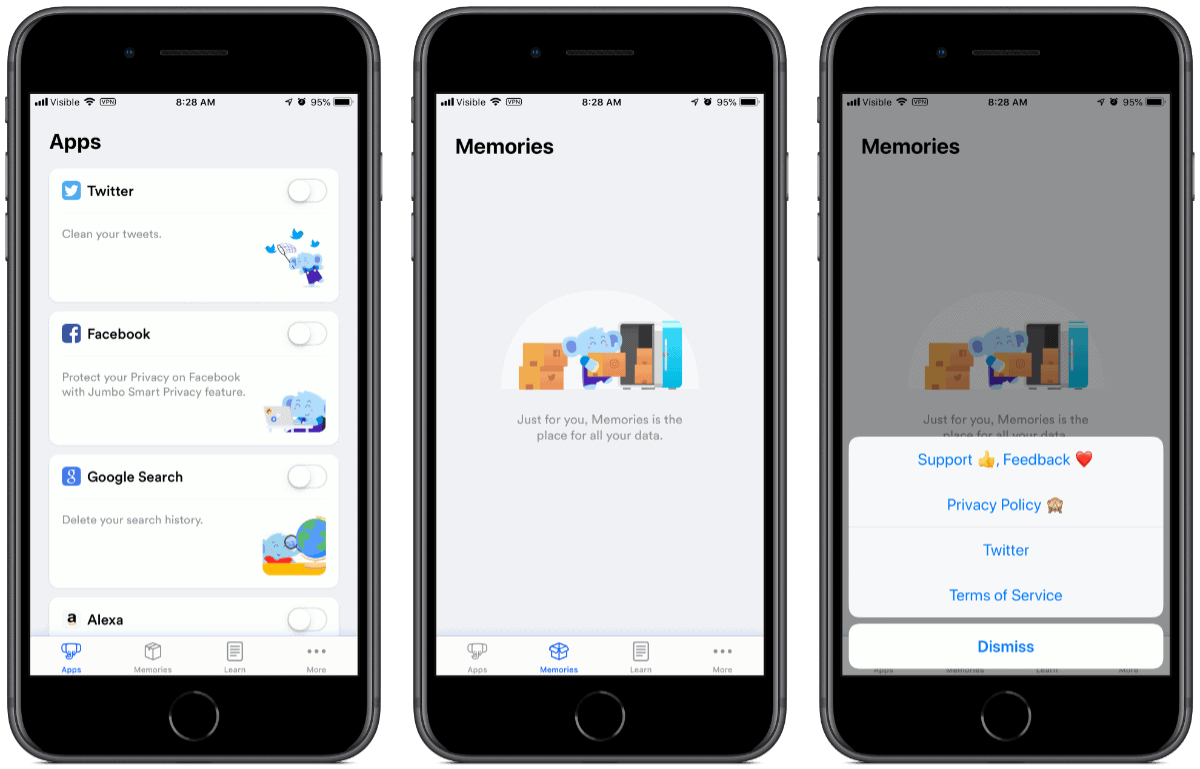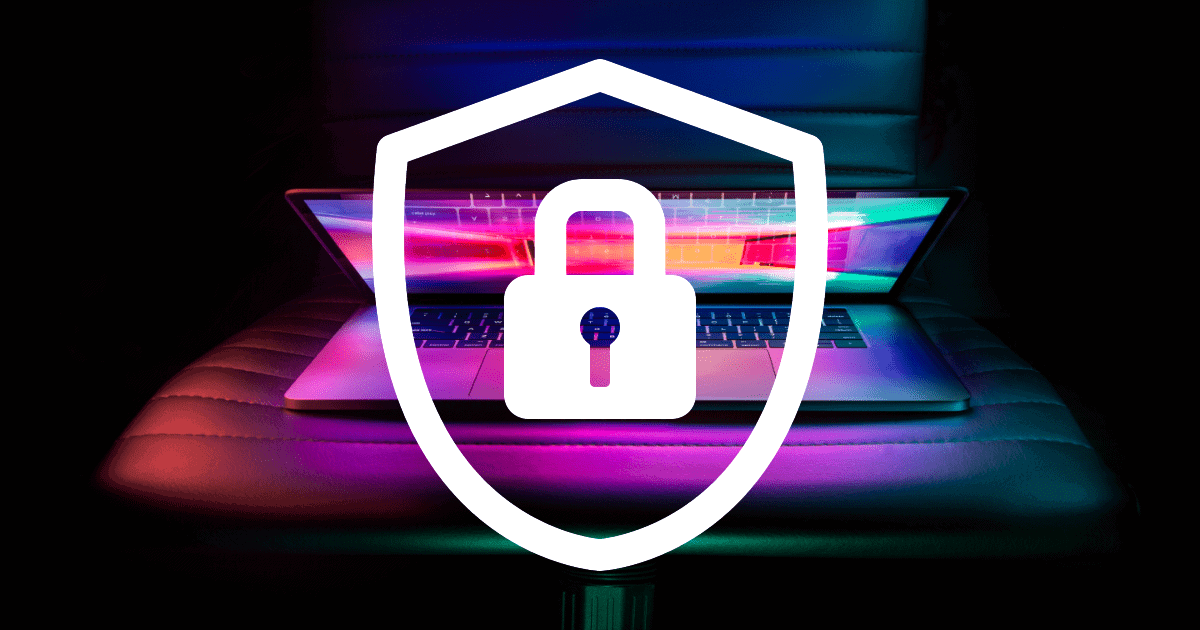U.S. Customs and Border Protection (CBP) and U.S. Immigration and Customs Enforcement (ICE) have “near-unfettered authority to search and seize travelers’ devices at the border.”
The agencies’ policies allow officers to search devices for general law enforcement purposes, such as investigating and enforcing bankruptcy, environmental, and consumer protection laws. The agencies also say that they can search and seize devices for the purpose of compiling “risk assessments” or to advance pre-existing investigations. The policies even allow officers to consider requests from other government agencies to search specific travelers’ devices.
















